Thorough estate planning is crucial in ensuring that your personal and financial matters are handled according to your wishes. This structured approach provides peace of mind, knowing that the burden on your loved ones is eased during difficult times. The 4 Pillars of Estate Planning are essential components guiding this path.
Taking Inventory of Your Assets
Begin your estate planning journey by conducting a comprehensive inventory of both tangible and intangible assets. This includes everything from real estate and vehicles to digital assets and intellectual property. Start by gathering necessary documents, appraising valuable items, and maintaining an updated record. Ensure these records are organized and securely stored to aid smooth transitions when needed.
Beneficiary Designations and Updates
It is crucial to keep beneficiary designations up to date on financial accounts such as IRAs, life insurance policies, and brokerage accounts. Consider utilizing Transfer on Death (TOD) options to help assets bypass the probate process, streamlining the inheritance for your beneficiaries. Consulting with an attorney is advised to ensure that these designations align with your current wishes and life circumstances.
Consult with an Attorney
To tailor an estate plan that matches the complexity of your assets, consulting with an estate attorney is fundamental. Discuss various important topics, including living trusts, business succession plans, and powers of attorney. They provide the specialized knowledge necessary to navigate intricate legal processes and help ensure that all aspects of your estate plan are thoroughly addressed.
Financial Power of Attorney
Having a durable financial power of attorney ensures that a trusted individual can manage your financial affairs if you become incapacitated. Choosing the right person for this role is crucial; seek legal guidance in setting up this arrangement to avoid future complications. This appointment secures your financial activities, protecting your interests when you are unable to do so yourself.
A well-planned estate offers control and confidence, ensuring that all components of your plan are current and thoroughly addressed. Initiate your estate planning by listing your assets or scheduling a consultation with an estate planning attorney. Professional advice is invaluable in addressing the complexities of estate planning tailored to your specific needs.

